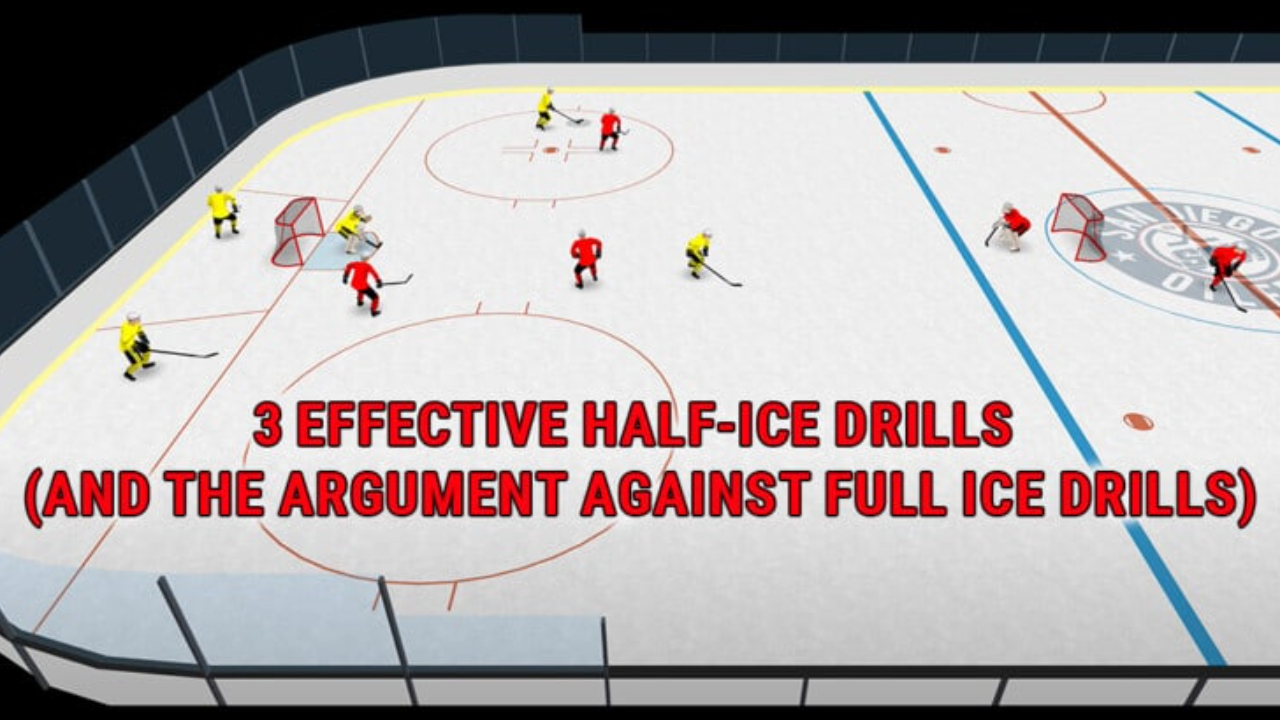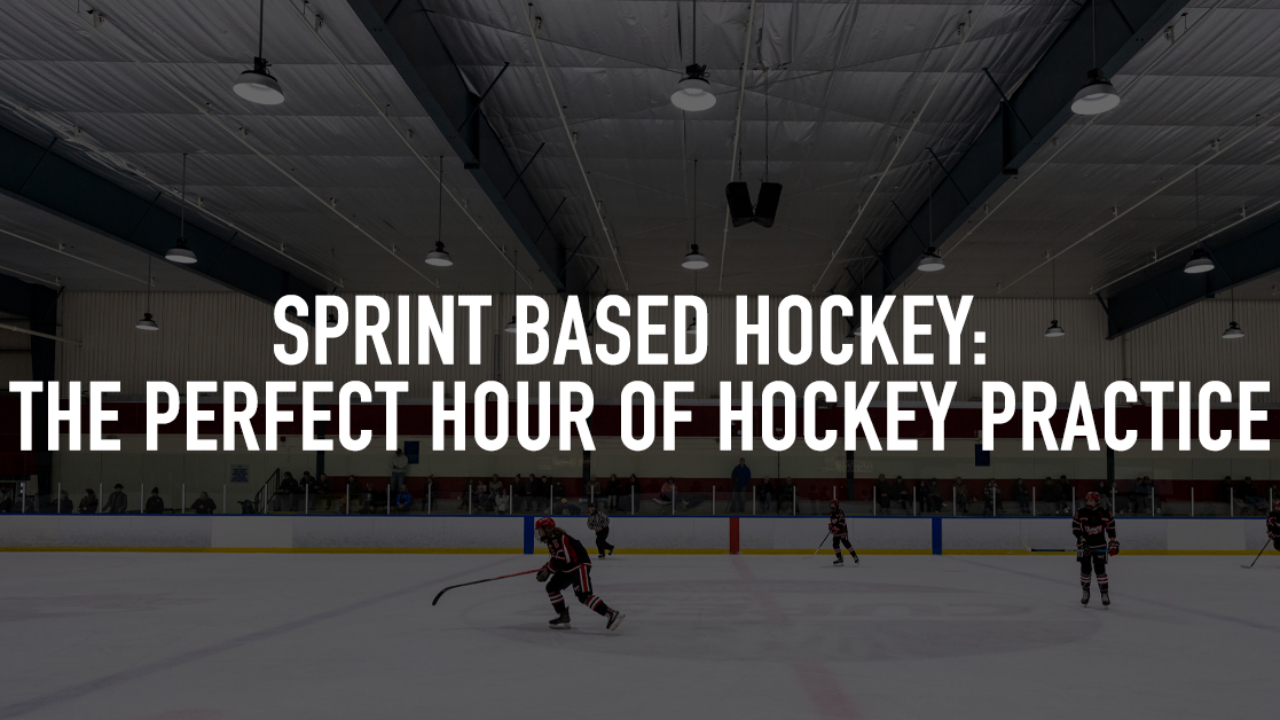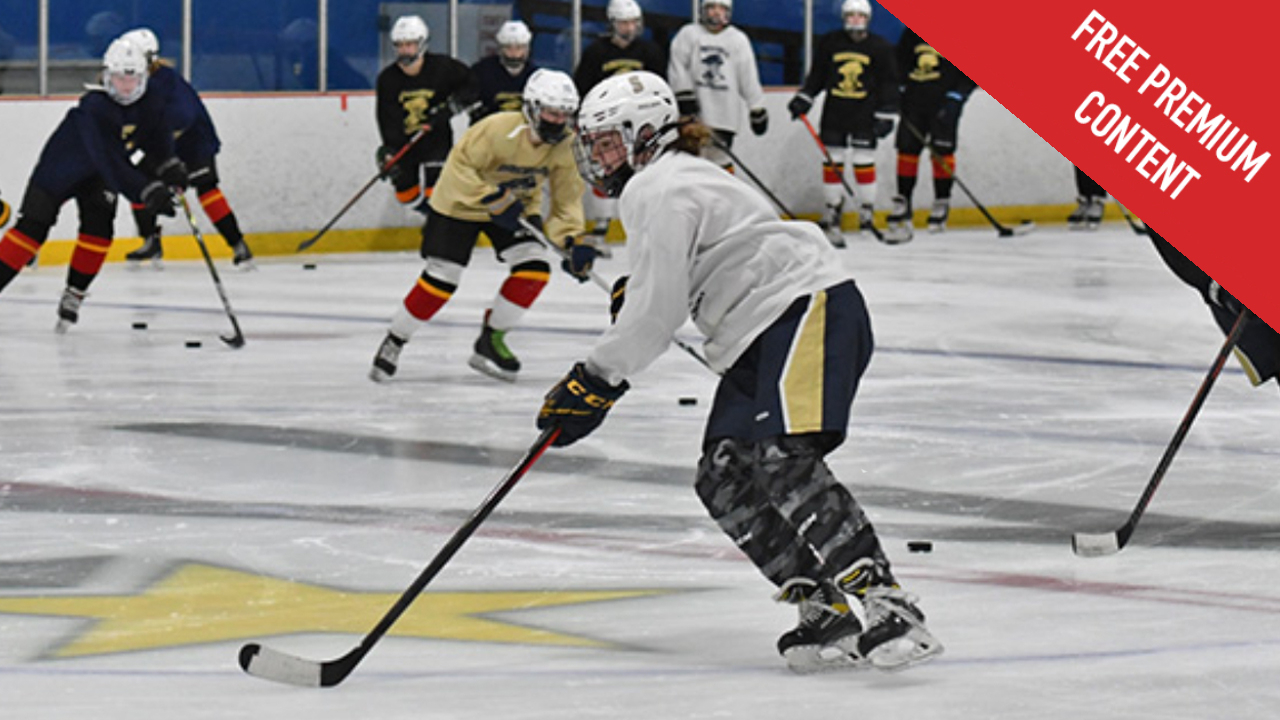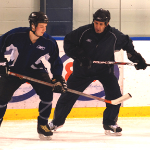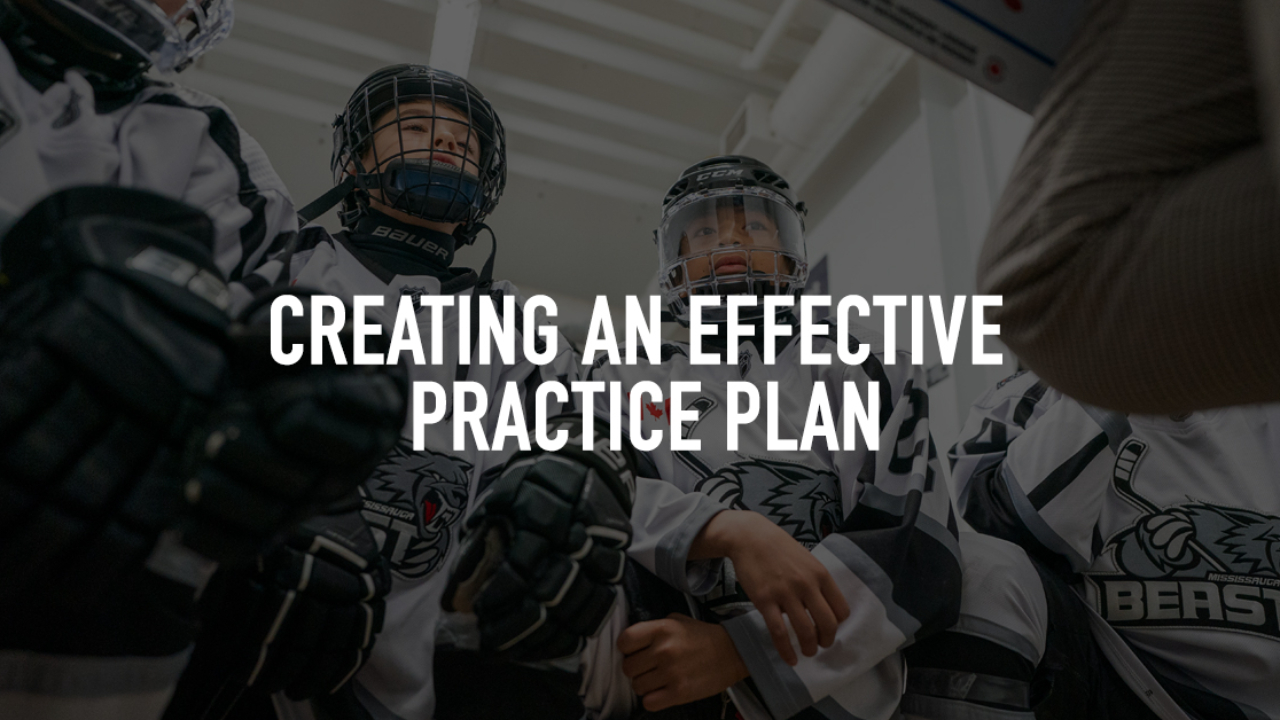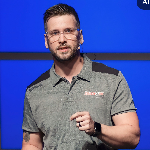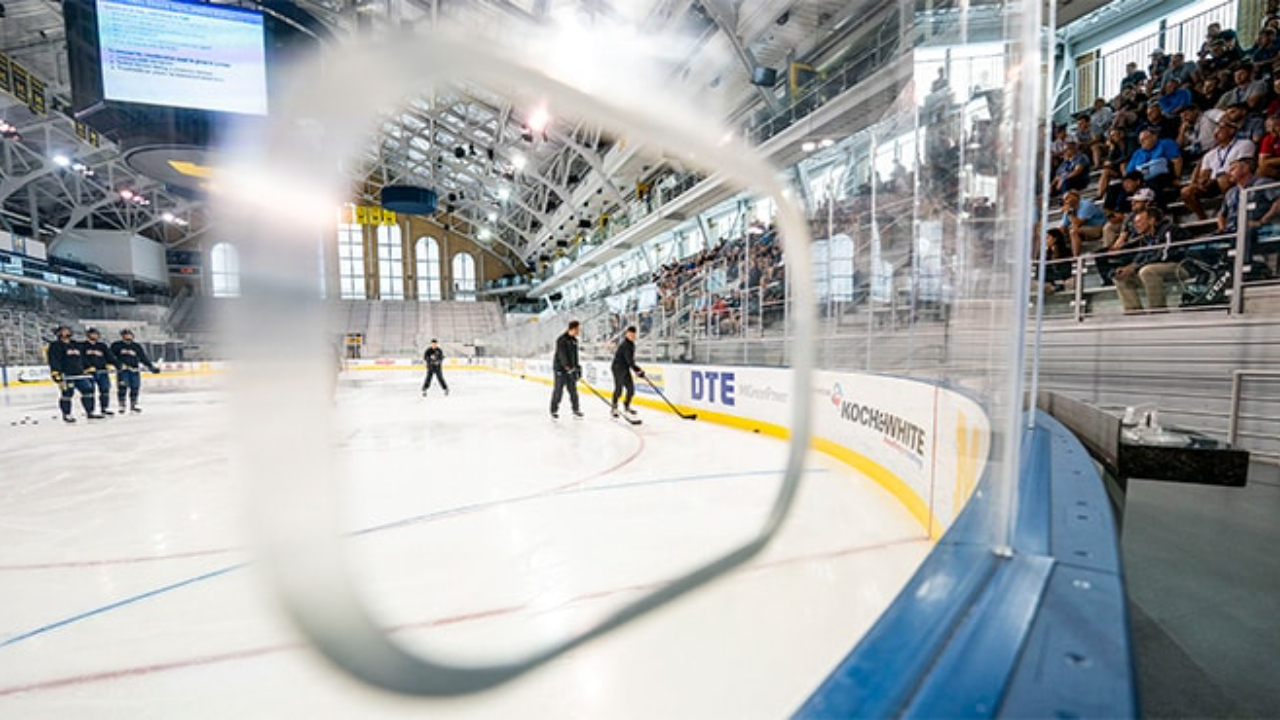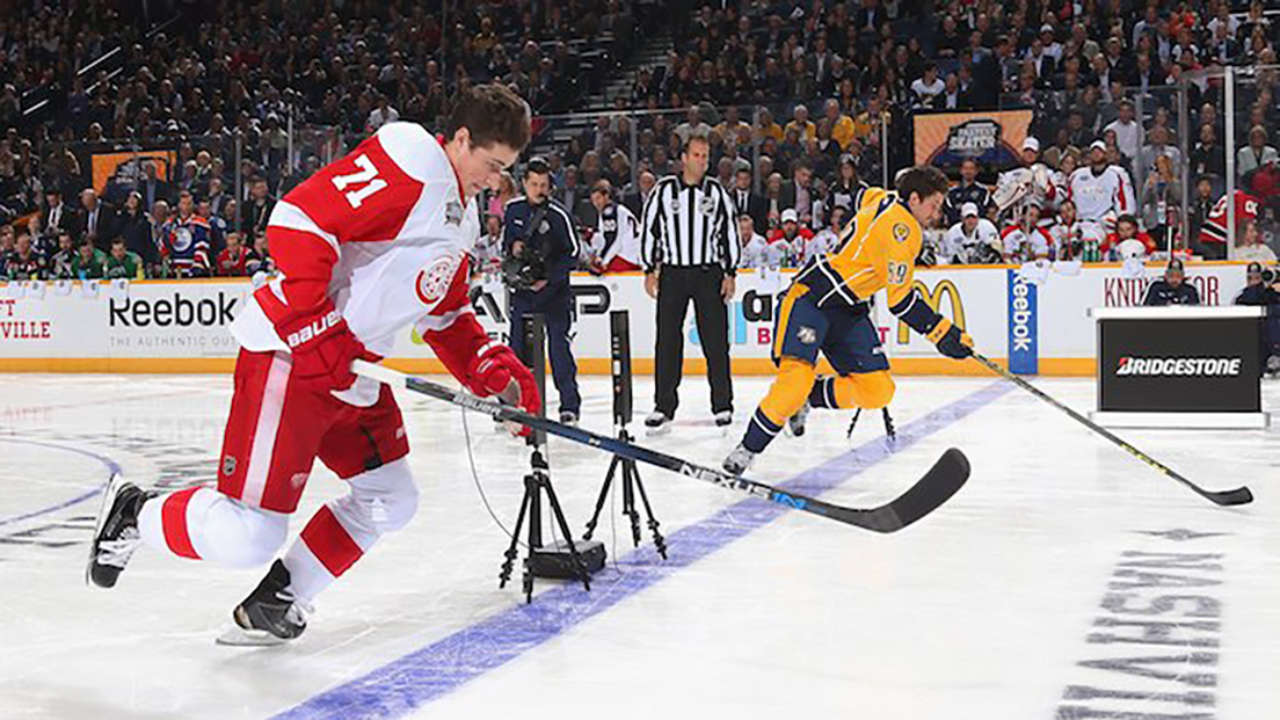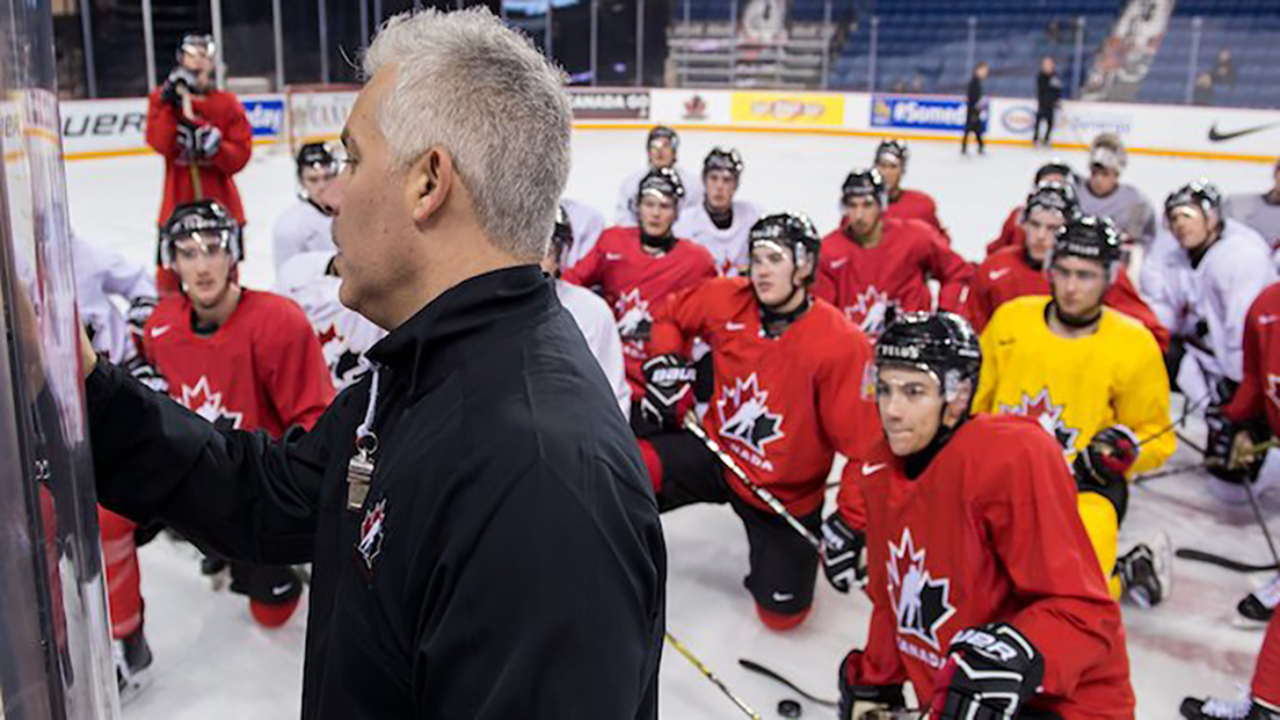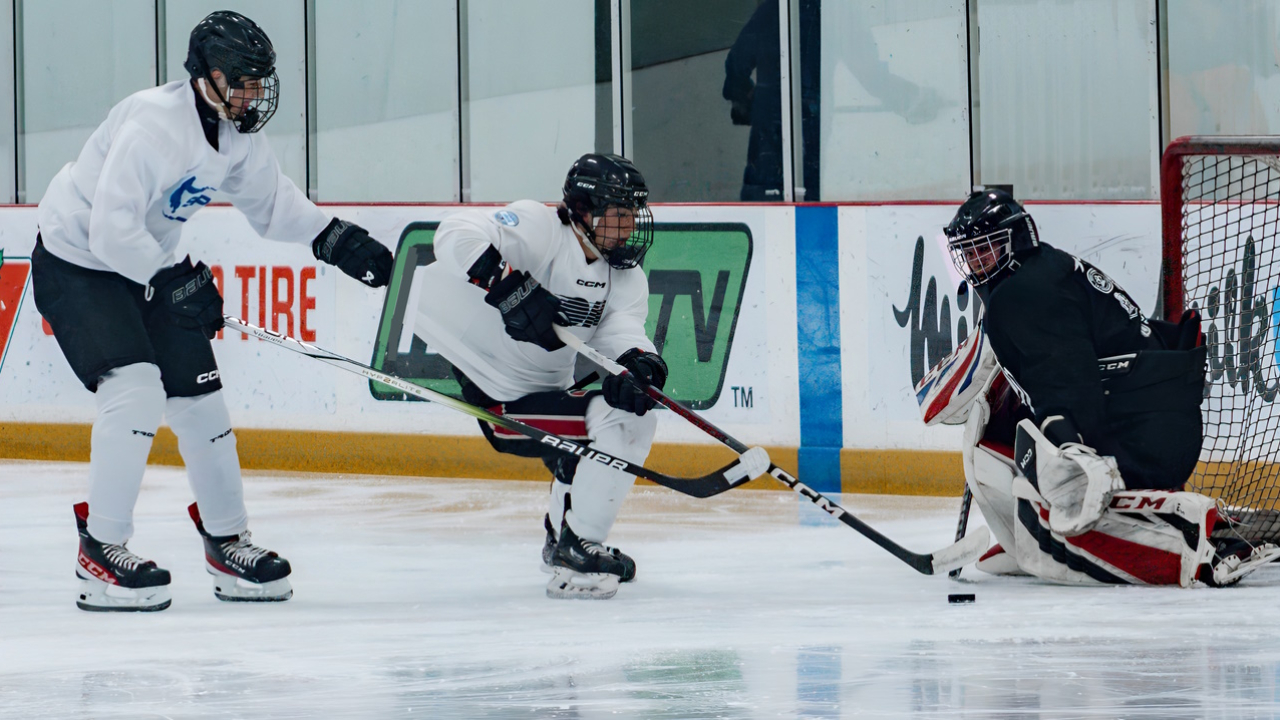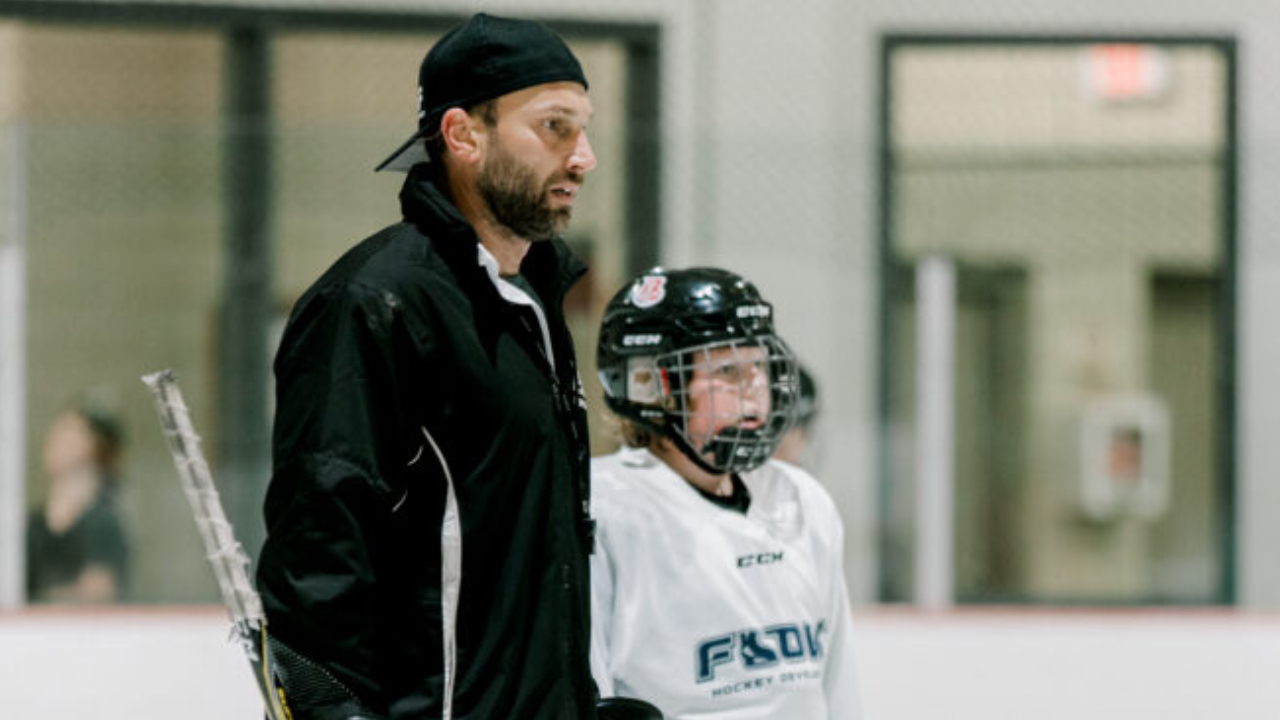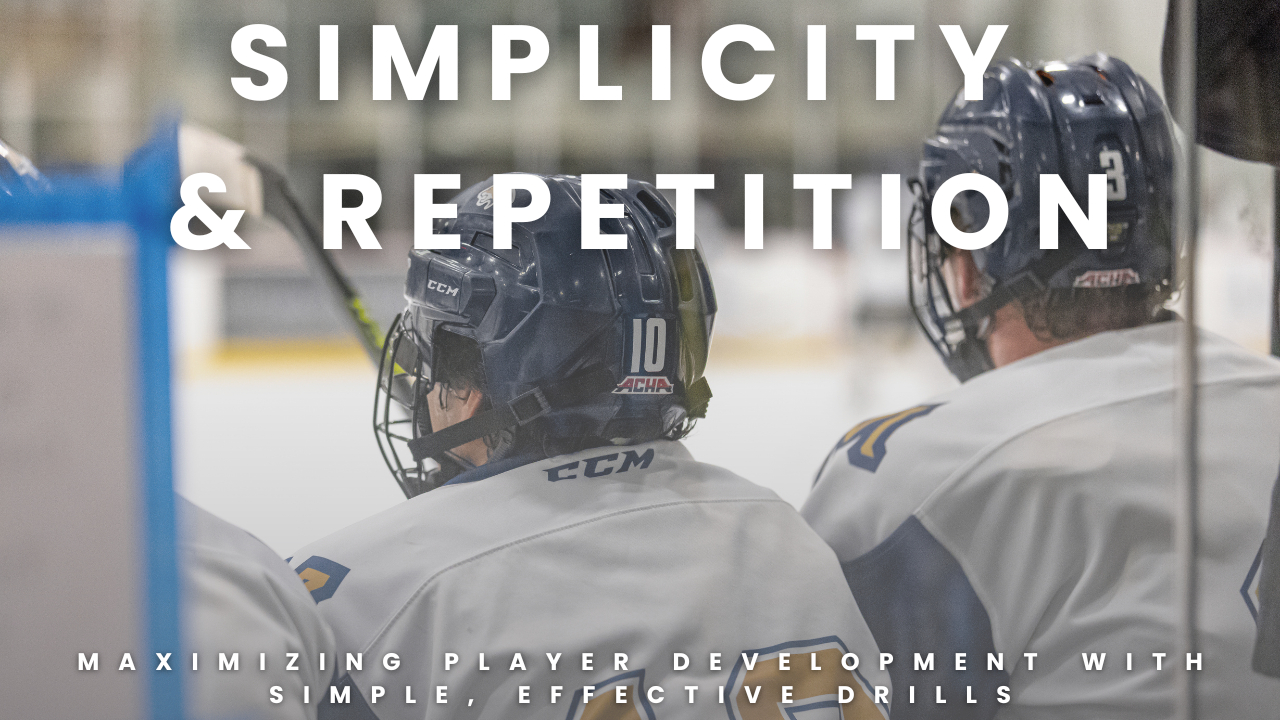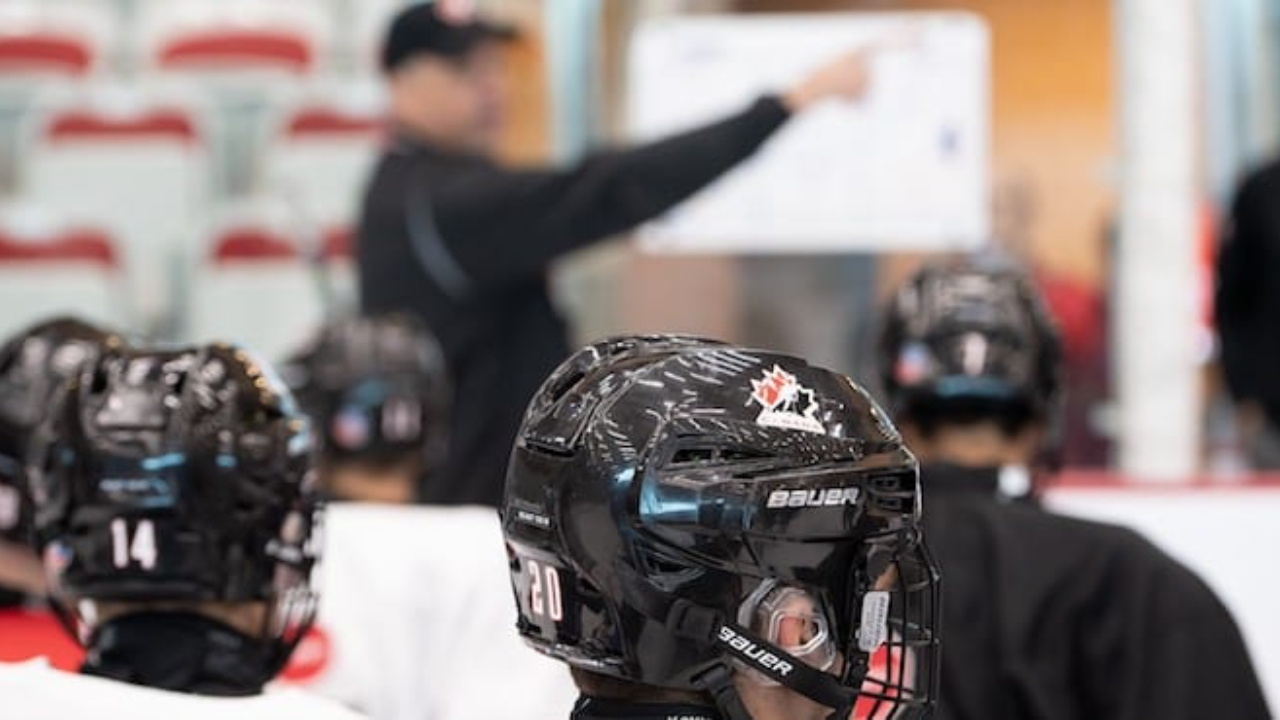
Repetition is the mother of learning.
I am a firm believer in building and practicing the fundamentals of sports. Recently we hosted Zoom meetings with Mike Johnston (Portland Winterhawks, former Penguins coach), Ken Hitchcock (longtime NHL coach), and Grant Armstrong (Lightning scout, former Wheat Kings GM). All three of these experienced hockey men made it clear that the most significant difference between AHL players and NHL players is the ability to pass and receive the puck.
When I take a group of hockey players, no matter what level, the first thing we do is work on the fundamentals of passing. Reactions from many players, “I already know how to pass the puck; why do we have to do this?”
In Malcolm Gladwell’s book, Outliers, he says anyone can reach mastery of skill if they practice for 10,000 hours. That means repeating the fundamentals like passing day after day. In other words, repetition, repetition, and more repetition! Top athletes of any sport repeat their pre-game routines and the fundamentals of their sport repeatedly.
Here are some statistics compiled from Hockey Canada:
During games
- Players will have the puck on their stick for an average of eight seconds a game.
- Players will average 1-2 shots per game.
- Players will take an average of 18 shifts per game.
During practices
- One efficient practice will give a player more skill development than 11 games collectively.
- In a 60-minute practice, each player will have the puck on his or her stick for approximately 8-12 minutes — more if the theme of the practice is puck-handling.
- Each player will take a minimum of 30 shots on the net.
Tips for players on repetition
- Always think of yourself as a beginner. John Wooden, the famous UCLA basketball coach, started each season by showing his players how to tie their shoes correctly! Stephen Curry is one of the best shooters in the NBA, takes over 1,000 shots a week in practice, perfecting his shooting fundamentals. You forget things fast, so you need deliberate repetition!
- Muscle Memory. We often hear the term muscle memory, but our muscles don’t have a memory. Our brain has the memory and sends messages down to our muscles, and then we execute the skill. The more we repeat the skill, our muscles (body) create a deep understanding of the skill, and it becomes second nature; this is muscle memory.
- My life mentor Jon Lee Kootnekoff told me many years ago, “practice doesn’t make perfect; perfect practice makes perfect.” Practicing a skill the wrong way, you will develop bad habits. Proper technique is essential, as you want your brain to send the right messages to your muscles.
- Are you willing to put in the time? Becoming great at anything requires demanding work and a commitment to practicing. Once a week with your team or a skills coach is not enough. It would be best if you put in extra time. It would help if you were consistent in improving your form, so your skills go from the conscious to the subconscious mind correctly. Over time your skills will become smooth, efficient, and second nature.
- Become a student of the game. We learn skills by seeing, hearing, and doing. Watch yourself and watch instructional videos. Listen to your coach’s instruction and feedback.
- Have a growth mindset. You have never arrived; there is always room for incremental improvement over time. Accept and learn from failures and mistakes. You are never too good to practice the fundamentals!
Tips for coaches
- Keep things simple, especially for beginners.
- Do not move too quickly from skill to skill. Take your time on teaching skills, start from minor progressions, build to more complicated movements and incorporate repetition.
- Different players learn in diverse ways, give verbal explanations, on-ice demonstrations, and show video.
- Give players constant feedback and repeat the skill until it is a habit. Do not run practice sessions without teaching! Anyone can run drills. Develop teaching “cue” words that will help as reminders for your players when they are practicing for passing l use “look-push-point” as a teaching cue.
- Use different drills to teach the same skills. We want repetition, but at the same time, we want to keep our players interested. For example, there are hundreds of drills a coach can use to teach passing.
- Hockey is an open skill, meaning situations are constantly changing. Develop game situation drills where the players must execute skills in an unknown environment. When skills are automatic, players will take more risks in game situations.
- Teams can execute systems with consistent repetition of drills. They will automatically know where to go through repetition and feedback.
- When working on team play, demand players execute game-like drills at high game speeds.

